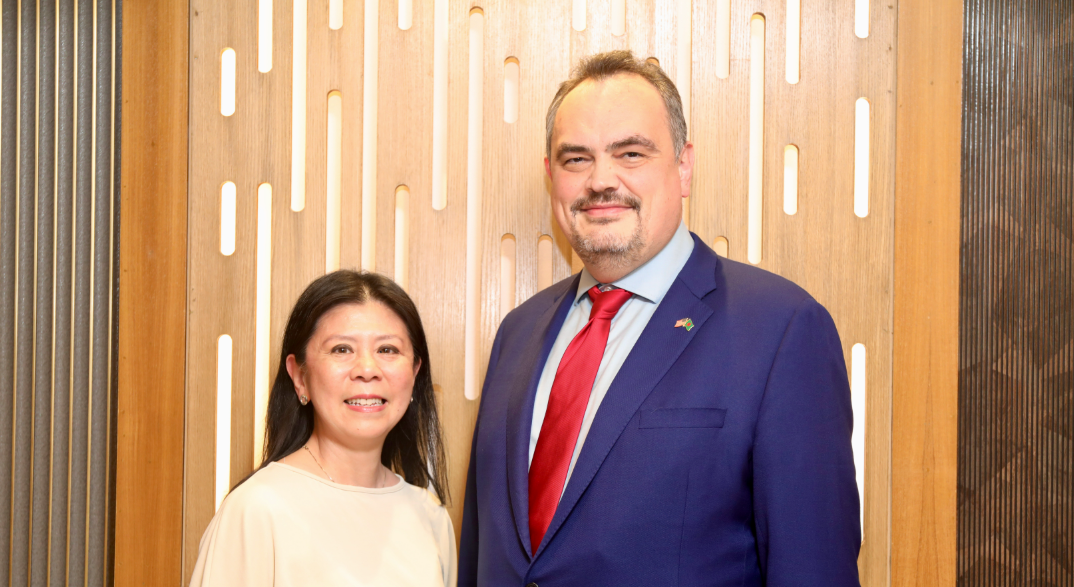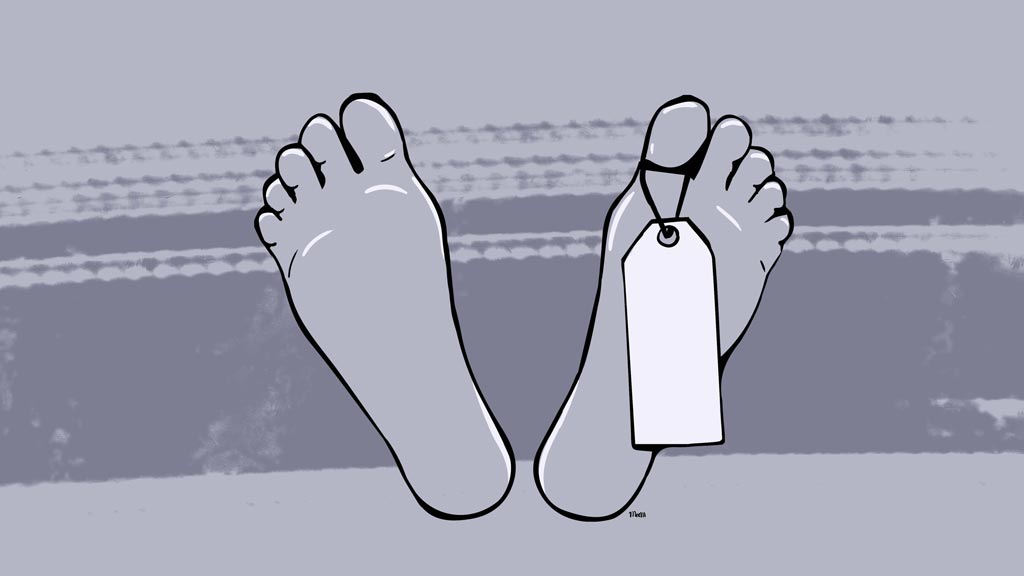Discover the 5 Types of Perfectionism and How They Impact Your Life

Perfectionism is often misunderstood as a single-minded pursuit of flawlessness. However, it manifests in various forms, each influencing different areas of life. Katherine Morgan Schafler, a psychotherapist and author, identifies five distinct types of perfectionists. Understanding these types can help you leverage your perfectionist tendencies positively.

Classic Perfectionist
Classic Perfectionists are highly organized and reliable, sticking to their plans meticulously. While their dependability is an asset, they can struggle with collaboration, often feeling unappreciated for their hard work.
Procrastinator Perfectionist
Procrastinator Perfectionists delay starting tasks until conditions are perfect. Their thorough preparation is beneficial, but it can lead to delays and self-doubt. Once they begin, however, they usually complete tasks efficiently.

Messy Perfectionist
Messy Perfectionists are enthusiastic starters, filled with energy and ideas. However, their enthusiasm often fades in the middle stages of a project, leading to overcommitment and unfinished tasks. They need support to maintain momentum.
Intense Perfectionist
Intense Perfectionists are focused and driven, achieving high results. However, their relentless pursuit of perfection can come at a personal cost, leading to stress and strained relationships if not managed well.

Parisian Perfectionist
Parisian Perfectionists seek perfect interpersonal relationships. They excel in building connections but may prioritize others’ comfort over their own, risking a loss of authenticity. Balancing their need for approval with personal authenticity is crucial.
Leveraging Perfectionism
Recognizing your type of perfectionism helps you harness it effectively. Pairing different types can balance strengths and weaknesses, turning potential drawbacks into advantages. Healthy perfectionists use their ideals as inspiration rather than rigid goals, embracing their tendencies as strengths.





















